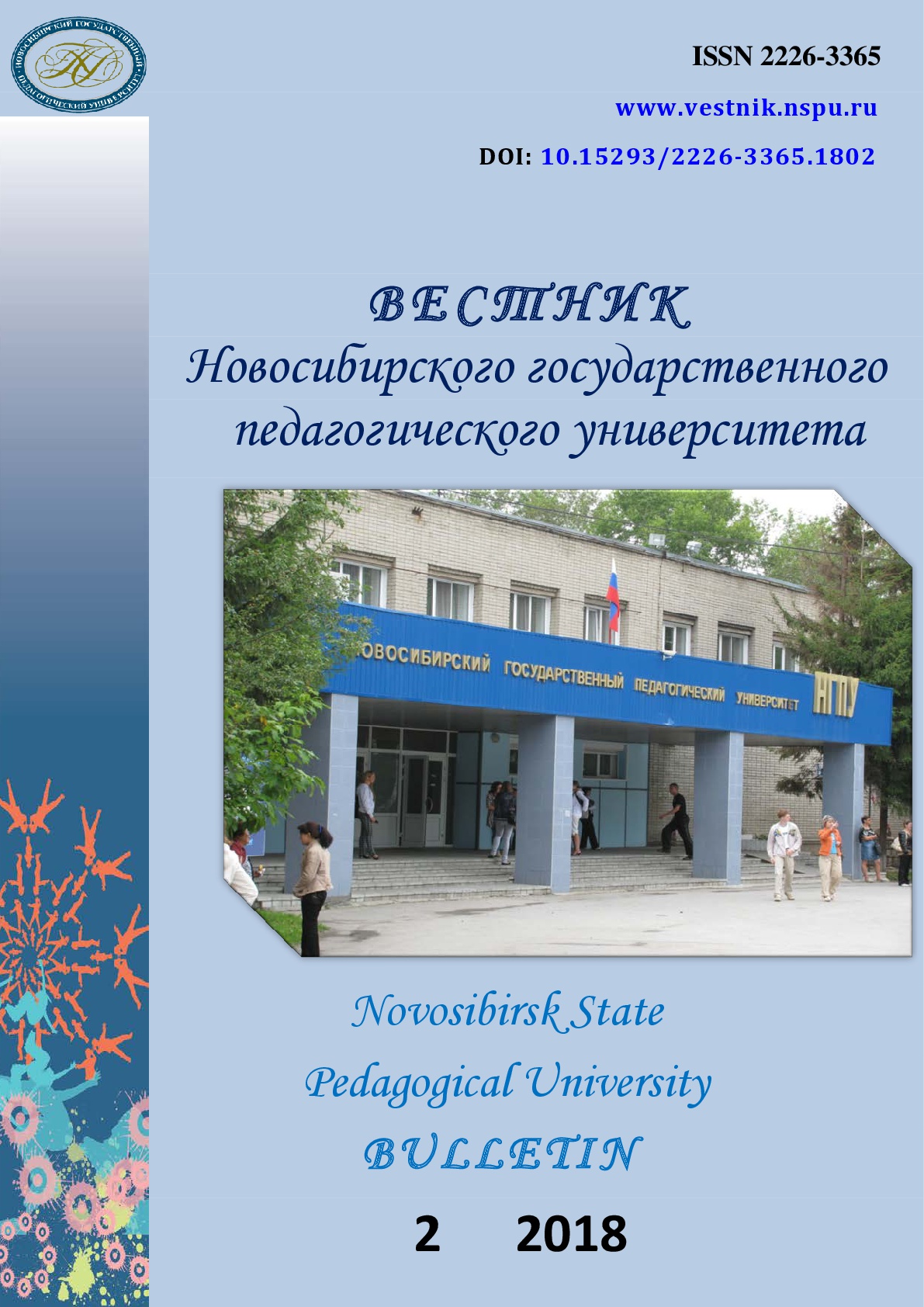Characteristics of Economic Socialization of High School Students in the Northern Territories of Krasnoyarsk Krai and the Sakha (Yakutiya) Republic
Characteristics of Economic Socialization of High School Students in the Northern Territories of Krasnoyarsk Krai and the Sakha (Yakutiya) Republic
Author(s): Vladimir Igorevich Kirko, Natalia Petrovna Koptseva, Ekaterina Valerevna Malakhova, Veronika Adolfovna Razumovskaya, Marina Gennadievna YanovaSubject(s): Education, Economic development, Ethnic Minorities Studies
Published by: Новосибирский государственный педагогический университет
Keywords: High school students; Northern territories; Indigenous Small Peoples; Economic culture; Economic socialization; Field studies;
Summary/Abstract: Introduction. The article deals with the problem of economic socialization and building economic culture among high-school students living in the North territories of Krasnoyarsk Krai and the Sakha (Yakutiya) Republic. The processes of economic socialization for children whose parents follow the traditional way of life and belong to the indigenous minorities of the North have been considered. Materials and Methods. In the course of field researches in the North (Arctic) settlements of the Krasnoyarsk Krai and the Republic of Sakha (Yakutiya) the authors have implemented original assessment methods to identify the level of economic culture among the high-school students. Such methods as comparative analysis have been used depending on the territory (Krasnoyarsk, Tyukhtetskiy and Turukhanskiy Districts of the Krasnoyarsk Krai, Neryungi, Heryungskiy District of the Republic of Sakha (Yakutiya)), on students’ ethnocultural self-identification (including their belonging to the indigenous minorities of the North and Siberia) and on their age. Results. The survey has been resulted in 314 questionnaire forms filled by the senior students of secondary schools, including 186 children whose parents belong to the indigenous peoples of the North and hold traditional lifestyle (they are involved in hunting, fishing and reindeer-breeding). The findings have been visualized through the diagrams and histograms and summarized in the Table as well. Conclusions. Thus, certain problems peculiar to the process of economic socialization among the high-school student living in Krasnoyarsk Krai’s North have been detected; several differentiations on communicational, social, psychological and instrumental parameters have also been examined. Finally, the authors suggest a set of recommendation to improve the economic socialization in the course of education in schools and families.
Journal: Вестник Новосибирского государственного педагогического университета
- Issue Year: 8/2018
- Issue No: 2
- Page Range: 203-221
- Page Count: 19
- Language: English

